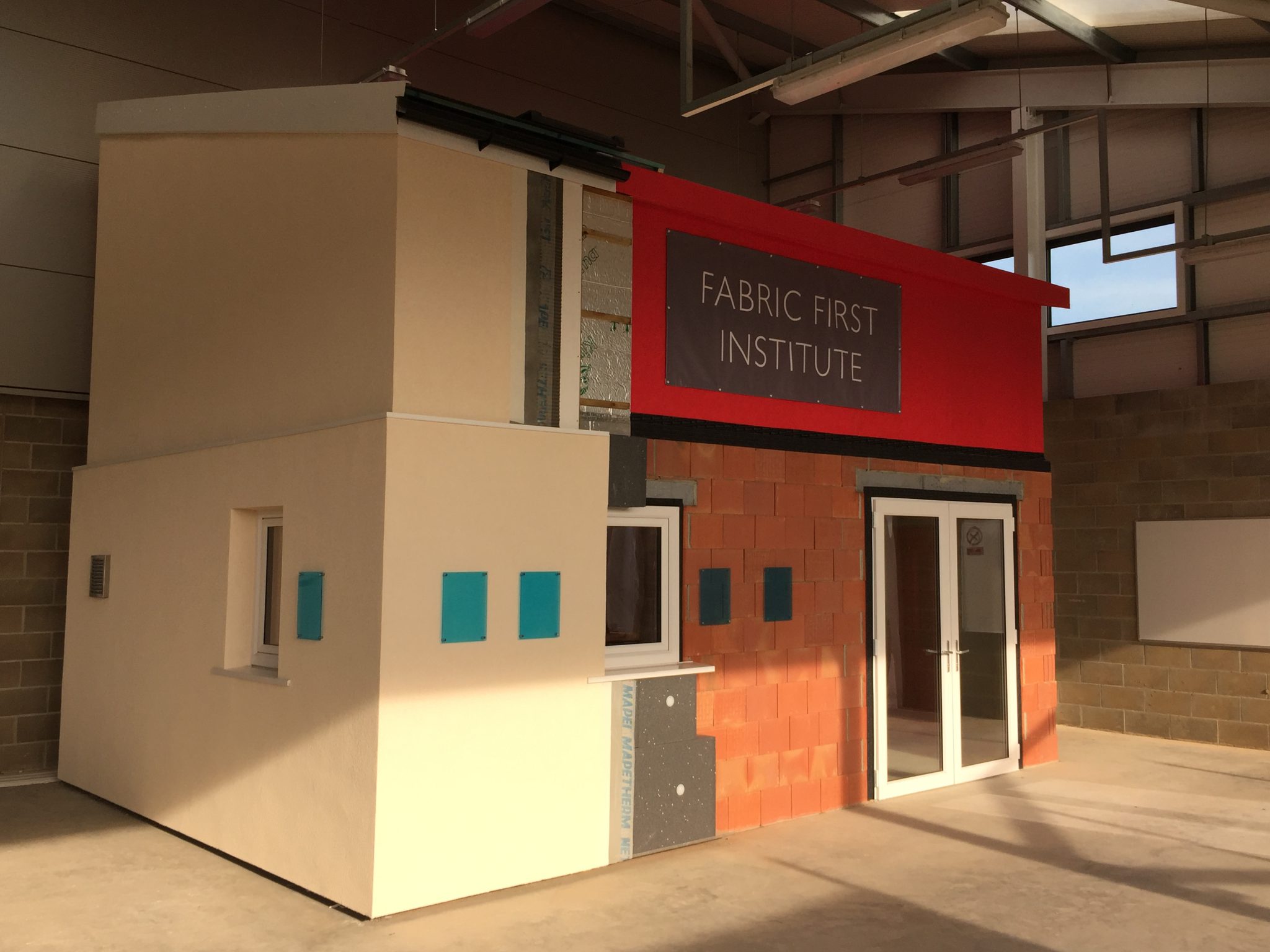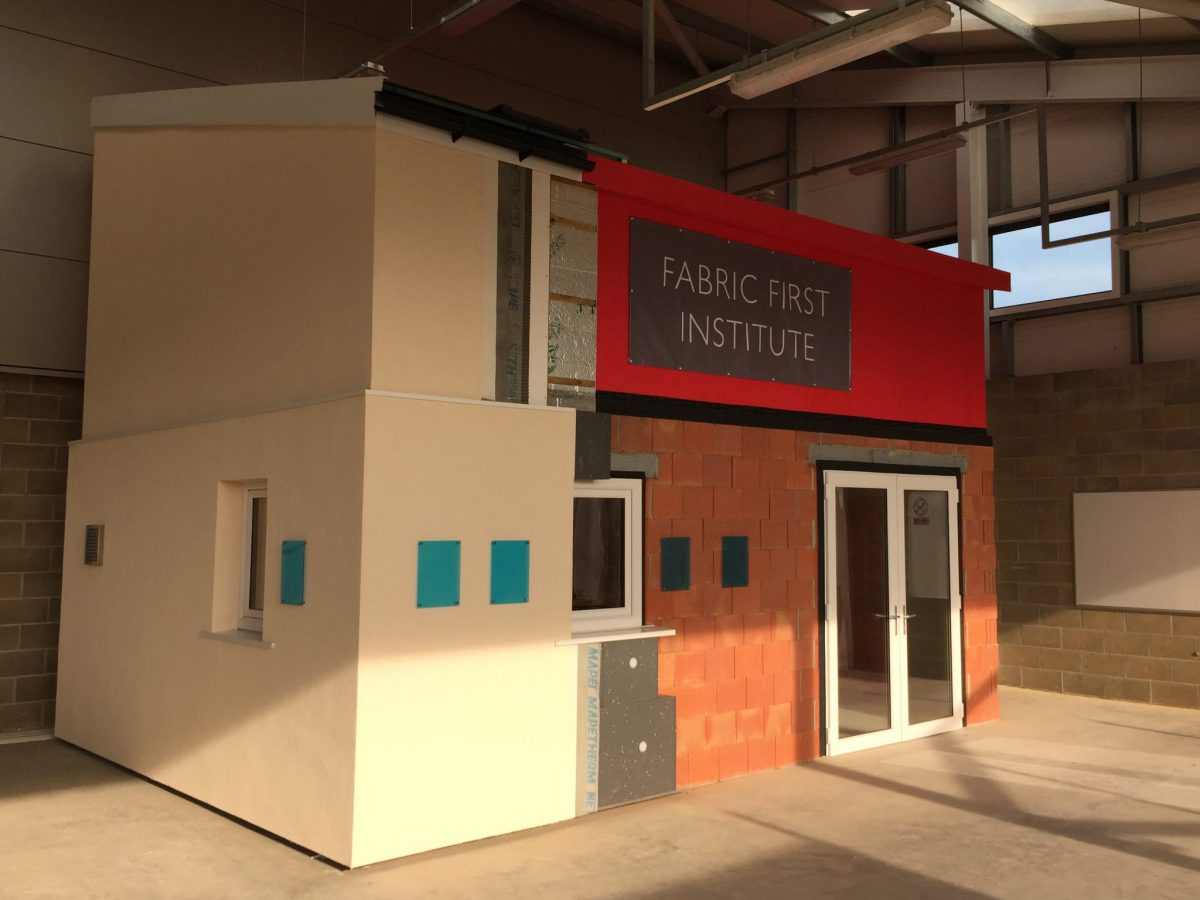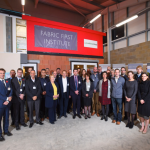Energy policy over the coming years will challenge the construction industry to deliver more energy efficient building stock. To do so with increased effectiveness is going to be key to business profitability, housing affordability and energy efficiency. With £47 million of construction work and 1000’s of new Passivhaus standard dwellings committed to by Norwich City Council over the next 3 years, an enormous opportunity has presented itself in the region through the Norwich City Council’s Fabric First Framework. To deliver these developments effectively wide-scale up-skilling was needed to ensure that the ‘silo-mentality’, currently rampant within the construction industry, and largely held accountable for the ‘Energy Performance Gap’, was eradicated. This needed an innovative approach to training, bringing together specialist knowledge of a number of areas (airtightness, thermal bridging, mechanical ventilation systems), simultaneously delivered to all construction trades. In response to this, through a match-funded grant from the New Anglia Skills Deal Programme, provided by Norfolk County Council, Suffolk local authorities and the Skills Funding Agency, the Fabric First Institute (FFI) project has been developed. It aims to act as a catalyst for a step-change in construction practices both regionally and nationally. Working collaboratively with regional partners from the construction, manufacturing and low energy sectors, educational establishments and local authorities, it aims to impact current construction practices to bring about change. It is up-skilling both the workforce and students through development and delivery of a training programme and City and Guilds Level 3 Accredited module.

Fabric First Institute Project






